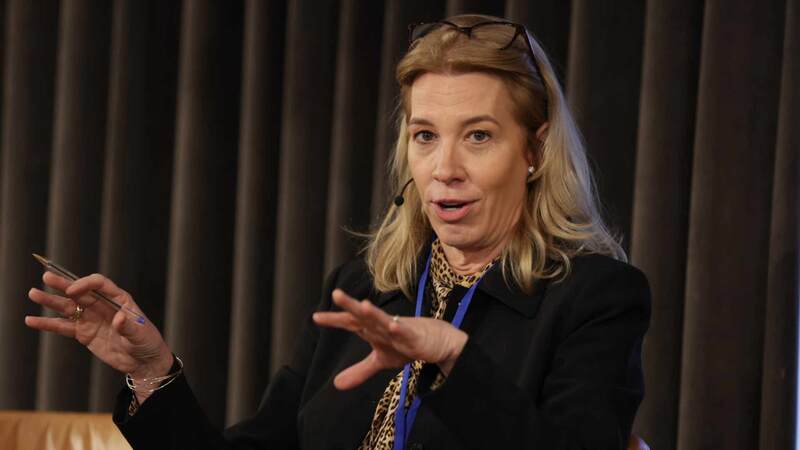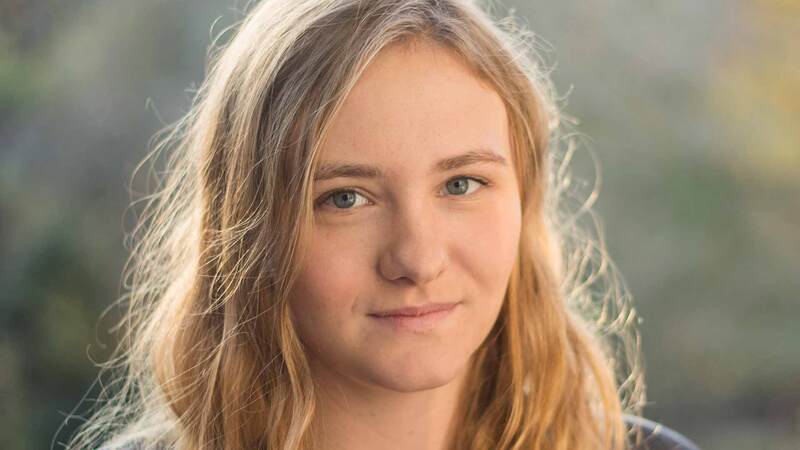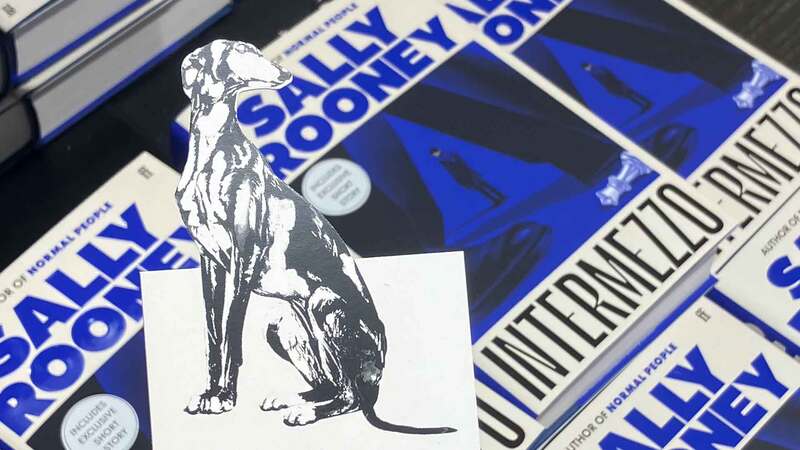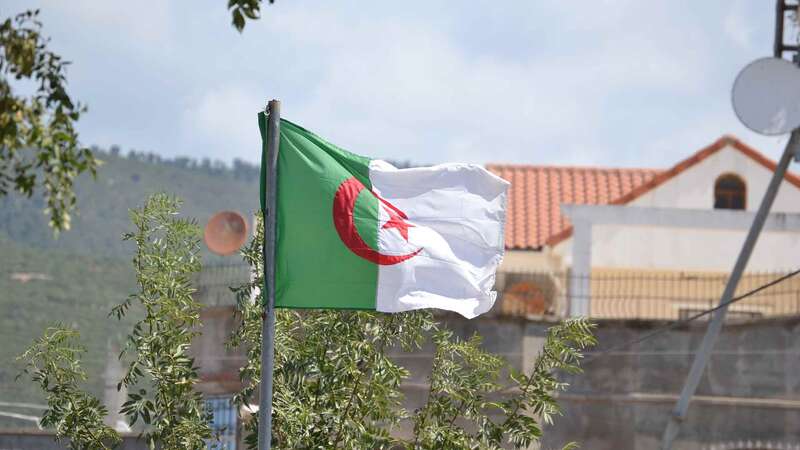You are viewing your 1 free article this month. Login to read more articles.
EC bans UK from European Capital of Culture bids
Brexit means the UK will no longer be able to compete for the European Capital of Culture accolade, the European Commission has confirmed just a week before the winner was expected to be announced.
The news comes after UK cities Dundee, Nottingham, Leeds and Milton Keynes, along with Belfast, Londonderry and Strabane on a joint proposal, had spent painstaking time putting together their final bids for the 2023 honour, set to be announced next week.
The EC said the end of the UK’s participation in the scheme was one of the “concrete consequences” of its decision to leave the EU. It made the decision despite allowing countries from outside the EU to compete for the title in the past.
A spokesperson for the Commission said: “As one of the many concrete consequences of its decision to leave the European Union by 29th March 2019, the UK cannot host the European Capital of Culture in 2023. According to the rules adopted by the European Parliament and the Council (Decision 445/2014), this action is not open to third countries except candidate countries and European Free Trade Association/European Economic Area countries.
"Given that the UK will have left the EU by 29th March 2019, and therefore be unable to host the European Capital of Culture in 2023, we believe it makes common sense to discontinue the selection process now."
The Creative Industries Federation has said it was “gutted” by the news and that people were working “feverishly” behind the scenes to try and reverse the EC’s decision.
“We are gutted to learn that the UK will not be allowed to host the European Capital of Culture as planned in 2023 after Brexit,” a spokesperson said. “This is despite the fact that cities in Europe that are outside the European Union have participated in the scheme historically.
“UK cities that have invested an enormous amount of time and energy in developing their bids include Milton Keynes, Leeds, Belfast, Dundee, and Nottingham. A panel to assess these bids was due to convene next week.”
They added: “People are working feverishly behind the scenes to reverse this decision and we will do everything in our power to make this happen. We hope the prime minister recognises that the European Capital of Culture scheme can help transform cities, delivering economic growth to the local area and making them better places to live and work.”
Sandeep Mahal, director of the Nottingham UNESCO City of Literature who was involved in Nottingham’s bid for the award, told The Bookseller she was “deeply disappointed and frustrated” by the European Commission’s decision. She added that she was holding out hope the situation could be resolved and that the bidding cities could still vie for the accolade in front of judges next week.
“The DCMS have confirmed that they are currently in urgent talks with the European Commission and are committed to working with the five bidding cities to realise their cultural ambitions," she said. " We await further clarification from the DCMS regarding what steps we now need to take and we hope the situation can be resolved positively so that we and the other bidding cities can present next week as planned.”
She added that “regardless of any outcomes” she hoped a resolution could be found to ensure the city has the opportunity to continue to implement the proposals in its bid submission. “Our bid has been built on Nottingham’s heritage of rebellion, social justice and innovation and we remain fully committed to the excellent work that has already been carried out to share our energy, our activism, our diversity and our commitment for continued connection with Europe through a cultural programme that involves everyone to take part in and benefit from international cultural exchange,” Mahal said.
The Department of Culture, Media and Sport (DCMS) said it "disagreed" with the EC's stance and was "deeply disappointed" it had waited until the UK cities had submitted their bids before "communicating this new position to us".
"The prime minister has been clear that while we are leaving the EU, we are not leaving Europe and this has been welcomed by EU leaders,” a DCMS spokesperson said.
"We want to continue working with our friends in Europe to promote the long-term economic development of our continent, which may include participating in cultural programmes.
"We remain committed to working with the five UK cities that have submitted bids to help them realise their cultural ambitions and we are in urgent discussions with the Commission on the matter."
Previous cities to have received the European Capital of Culture accolade are Liverpool and Glasgow, which won the title of Capital of Culture in 1990 and 2008 respectively.



















